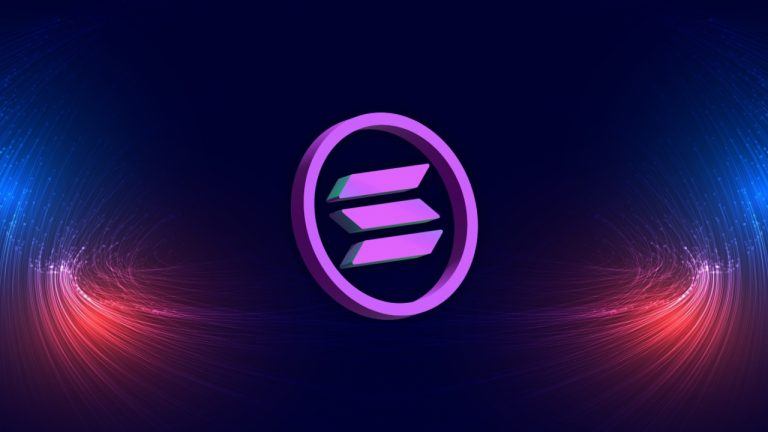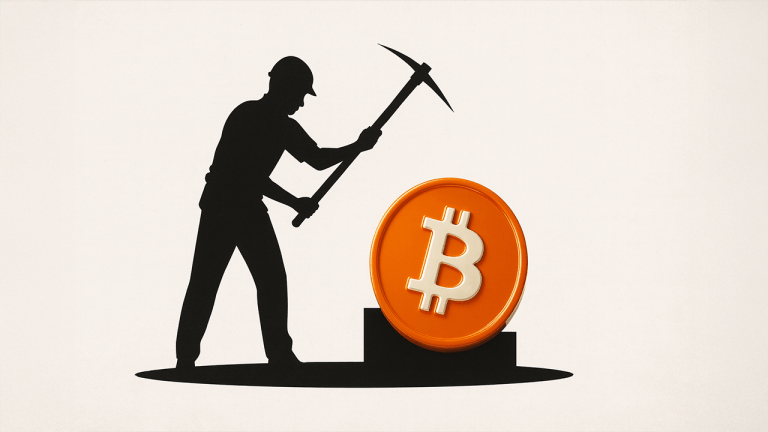Vitalik Buterin voices concerns over DAOs approving ETH staking pool operators

The Ethereum co-founder proposes a solution that could lower the likelihood of any individual liquid staking provider growing to a point where it poses a systemic risk.
Vitalik Buterin, the co-founder of Ethereum, has expressed worries regarding decentralized autonomous organizations (DAOs) exerting a monopoly over the selection of node operators in liquidity staking pools.
In a September 30 blog post, Buterin issues a warning that as staking pools adopt the DAO approach for governance over node operators—who are ultimately responsible for the pool’s funds—it can expose them to potential risks from malicious actors.
“With the DAO approach, if a single such staking token dominates, that leads to a single, potentially attackable governance gadget controlling a very large portion of all Ethereum validators.”
Buterin highlights the liquid staking provider Lido (LDO) as an example with a DAO that validates node operators. However, he emphasizes that relying on just one layer of protection may prove insufficient:
“To the credit of protocols like Lido, they have implemented safeguards against this, but one layer of defense may not be enough,” he noted.

Meanwhile, he explains that Rocket Pool offers the opportunity for anyone to become a node operator by placing an 8 Ether (ETH) deposit, which, at the time of this publication, is equivalent to approximately $13,406.
However, he notes this comes with its risks. „The Rocket Pool approach allows attackers to 51% attack the network, and force users to pay most of the costs,“ he stated.
On the other hand, Buterin highlights that having a mechanism to ascertain who can act as the underlying node operators is an inevitable necessity:
„It can’t be unrestricted, because then attackers would join and amplify their attacks with users‘ funds.“
Related: Ethereum is about to get crushed by liquid staking tokens
Buterin further outlines that a possible approach to address this issue involves encouraging ecosystem participants to utilize a variety of liquid staking providers.
He clarifies this would decrease the likelihood of any one provider becoming excessively large and posing a systemic risk.
“In the longer term, however, this is an unstable equilibrium, and there is peril in relying too much on moralistic pressure to solve problems,“ he stated.
Magazine: Are DAOs overhyped and unworkable? Lessons from the front lines





